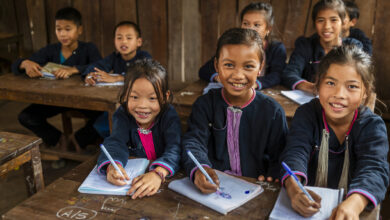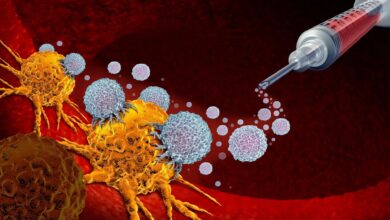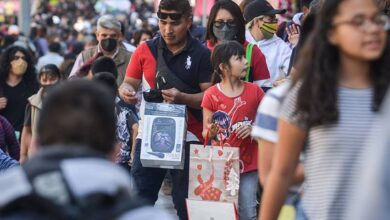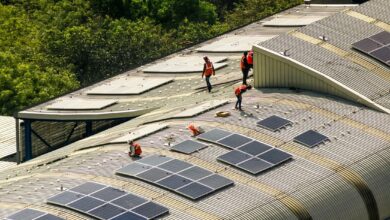
In just over 50 years, Bangladesh has become an “economic miracle,” with steady economic growth and significant investments in public health that are expected to end the country’s need for vaccine support by 2030.
“For decades, Bangladesh has shown unwavering political commitment to immunization – transforming that dedication into tangible health gains for millions,” states Nilgun Aydogan, Gavi’s Bangladesh team lead. “As the country steadily advances towards full self-financing of its immunization programme, we remain confident that this legacy of leadership and investment in public health will only grow stronger.”
By the end of its first decade of existence, Bangladesh had a vaccination rate of approximately 2% and an under-five mortality rate (U5MR) standing at 211 per 1,000 live births. Some 50 years later, the country’s U5MR stands at 31 per 1,000 live births, and vaccination rates against diphtheria, tetanus, and pertussis stand at 98%, and measles at 93%. Moreover, the country has been polio-free since 2014. Much of this progress is due to Gavi’s support, which began in 2001 and follows a model that helps countries move toward funding their own vaccine programs. In 2020, the country covered 39% of the $160 million bill. Bangladesh is investing between 20% and 25% more in vaccines every year. The immunisation program is projected to reach $382 million by 2030, by which the country is set to transition from Gavi support altogether. Life expectancy in Bangladesh has risen to 73.7 years, higher than both India’s and Pakistan’s. The country is expected to qualify for “graduation” from the United Nations’ list of least developed countries in 2026.



